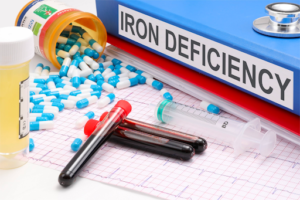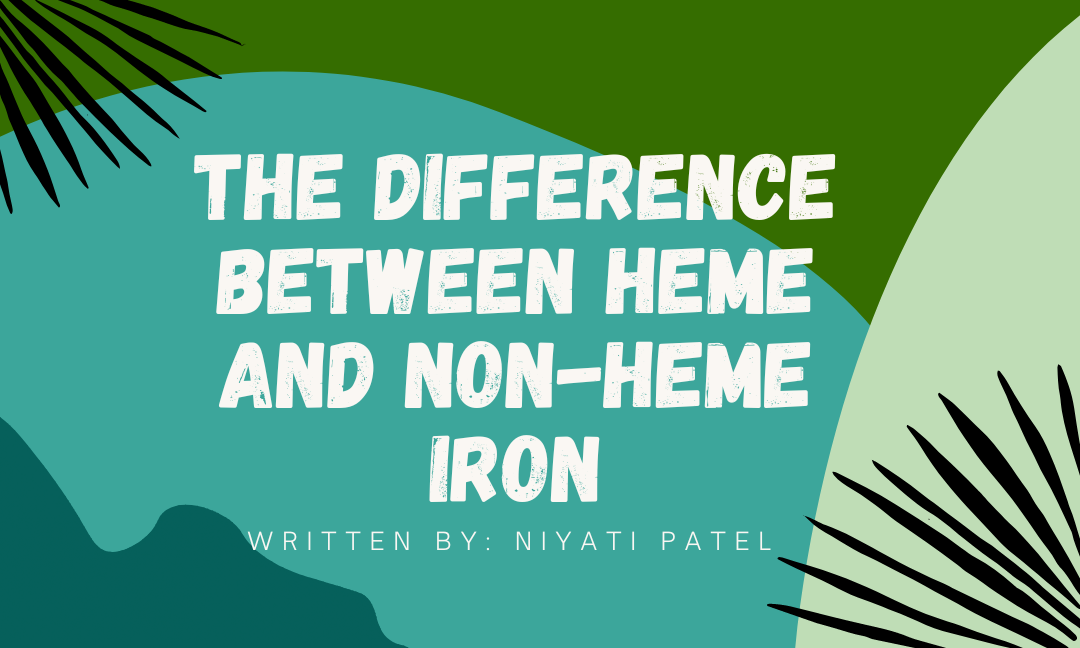Written by Niyati Patel
Edited by Julia Georgescu
Designed by Ayesha
Published by Kiritika Rana
No one likes blood tests, but we all have to get them at some point in our lives to make sure that our body is functioning correctly. One major blood test that most people get done is a CBC, which stands for a Complete Blood Count. In a CBC, iron studies are one of the many types of blood tests that are performed. Iron is a major component of hemoglobin, a type of protein which is found in red blood cells and carries oxygen from our lungs to all parts of our bodies. Without enough iron, there aren’t enough red blood cells to transport oxygen. This can be a problem for some people.
Anemia – is a name for a blood disorder which causes low hemoglobin and low iron studies. The World Health Organization estimates that 40% of children from ages 6-59 months, and 30% of women aged 15-49, are anemic. Furthermore, the World Health Organization estimates that 1.6 billion people are anemic worldwide. Anemia is one of the leading and most common blood disorders in the world.

Well, you must be wondering why iron is so important and what it isand why so many people in the world anemic. Iron is a very important mineral in our bodies because it helps in transporting oxygen to our organs to function. Iron also builds red blood cells also known as erythrocytes. There are two types of iron: Heme Iron and Nonheme Iron. Heme iron is typically found in meat products, while non-Heme iron is found in nuts, seeds, fruits and veggies and dark green plants. For the most part, Heme and Non-Heme iron is the same, however, Heme iron is typically absorbed better than non-Heme iron. Some people are anemic because of their diet, for example: I am a vegetarian since birth and I also don’t eat eggs. This causes me to be iron deficient since all the iron I consume is non-Heme iron. Everyone has a different story on why they are iron deficient or anemic. However, the good news is that there are treatments available to help correct these deficiencies. It is very important to consult with your healthcare provider if you have any concerns regarding anemia and iron deficiency.
*This article is solely for informational purposes and is not made to be substituted for any doctor’s advice.
References:
World Health Organization: WHO. (2019). Anaemia. www.who.int. https://www.who.int/health-topics/anaemia#tab=tab_1
Iron. (2023, March 7). The Nutrition Source. https://www.hsph.harvard.edu/nutritionsource/iron/#:~:text=Iron%20from%20food%20comes%20in,%2C%20legumes%2C%20and%20leafy%20greens
Iron Deficiency – Free of Charge Creative Commons Medical image. (n.d.). https://www.thebluediamondgallery.com/medical/i/iron-deficiency.html

